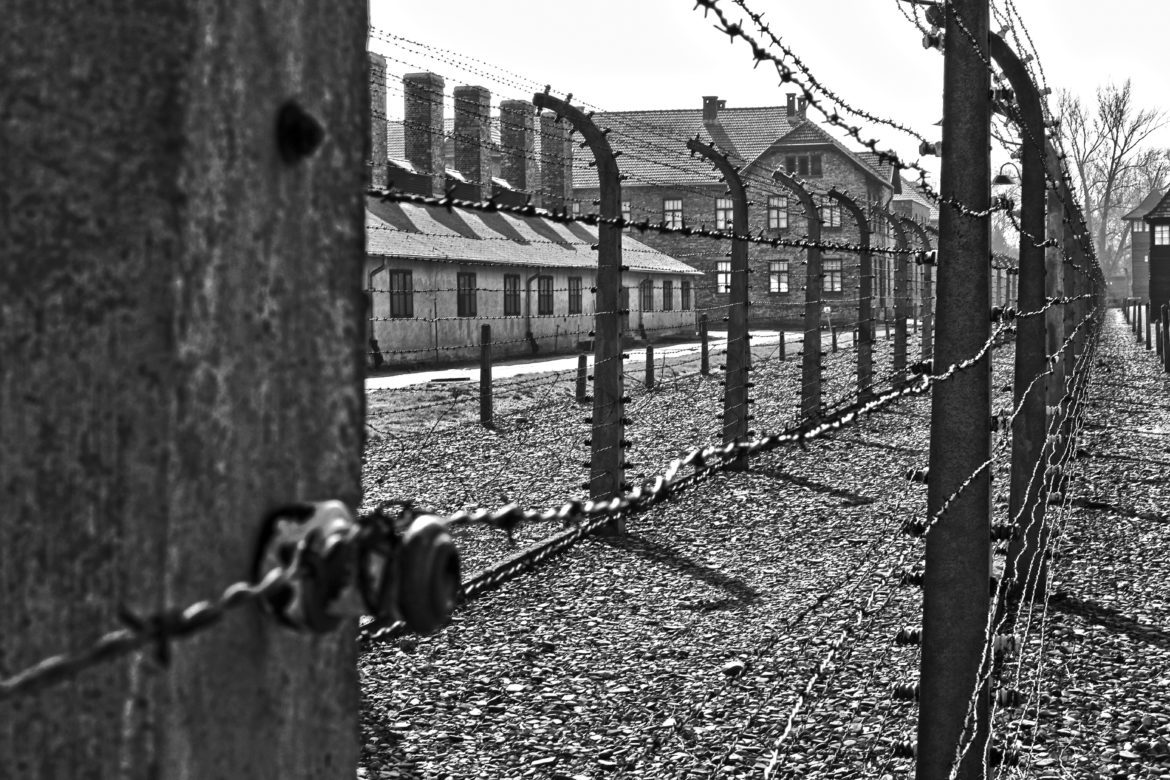Holocaust Remembrance … an infinite number of stories immediately springs to mind when considering this vast and broad topic. Since I was a young girl, I have been obsessed with everything to do with the subject, including reading every book (fiction and non-fiction alike — even cookbook), and watching every film and documentary. In an attempt to narrow my focus, I asked everyone I encountered what it meant to them. The range of responses touched on every possible aspect, with a few universal themes emerging that focused on living survivors and Anne Frank.
Eleanor Roosevelt wrote in the first edition introduction to Anne Frank’s Diary that it was “one of the wisest and most moving commentaries on war” translated into over seventy languages, it shares Anne’s viewpoint of a child becoming an adult and documents the experience, tapping into the most primal connection all people share. The idea to create a memory, make it tangible, hold on to it, and repeatedly commemorate it is a very Jewish value. Each Sabbath, our prayers include to remember that we were once slaves and now are free. We remind ourselves to remember. We refuse to forget. The act of remembering is itself paying respect to those who persevered or perished. We are open to forgive and move forward, but never at the cost of pretending the past did not happen. It did happen.
We pause to respect the people lost forever, as well as to remember the magnitude of the purpose itself. The Holocaust was not just about a war with death as an unavoidable consequence. This was a systematic intentional attempt to annihilate an entire tribe of people and other “undesirables.” There were supposed scientific justifications provided, laws passed, and other actions taken that supported the goal of treating the “other” as sub-human. There were countless bystanders who did not have malicious intent but who were also not prepared to stand up and refuse to participate. And sadly, we know that there were many who volunteered and carried out terrible orders, with relish.
Yet, deniers exist. These are not just fringe groups that can be dismissed any longer — they question the legitimacy of the factual proof, and use social media to amplify their message. The tragedy of ignorance is real and disturbing. Today’s climate of fake “facts” and websites dedicated to spreading falsehoods only destabilizes and delegitimizes truth. Understanding and communication are the most effective methods to combat this hatred.
The advice given specifically regarding age-appropriate conversations related to the Holocaust for young children, when self-identity formation is developing, is to focus on the heroes, the Righteous Among the Nations–as we call those who risked their own lives to help a fellow human. This connection to the kindness in others and the actions we seek to emulate helps maintain a belief in the goodness of people. It also helps prepare children for the balance required when they inevitably learn of the horrors and awful acts that were committed. For teenagers, however, there must also be the empowerment of what they can do as an individual to prevent any repetition of such atrocities in the future. Carrying on knowledge is our collective obligation both to our ancestors and to our descendants.
This is not only relevant for Jewish people — rather, it is important for all people to understand that humans have the capacity for both truly evil acts and truly heroic ones. My focus will remain on the heroes and those who stand up and choose to not behave in atrocious ways. There are fewer living Holocaust survivors every day. Bearing witness to their first-hand accounts and passing that knowledge on is crucial to not just to keeping their spirits alive, but also to helping all of humankind to better understand what can be done to help people facing similar tragic situations.
My synagogue hosts an annual dinner and service in honor of these individuals. Each survivor is paired with a youth member, where they have an opportunity to share a meal and their story. The ceremony and blessings enable each survivor and any descendants to light a candle in memory of lost loved ones while their narrative continues to develop. Soon this opportunity will be gone forever. Until that day arrives, there is an opportunity to find ways to preserve their memories and knowledge, with many organizations dedicated to this very purpose. From Yad Vashem, where there is now a project to recover ALL the names of the 6 million victims, to the Claims Conference, which supports pursuing justice for those wronged, there are opportunities to actively participate in learning from the past to avoid any repetition in the future.
By Daphna Smolka

